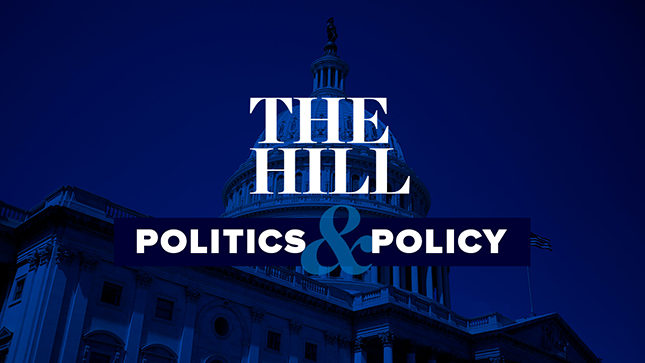This piece originally appeared in The Hill on August 28, 2019.
A group of Alaska voters are asking the Supreme Court to invalidate the state limits on political contributions. By far the largest state in the country in size, Alaska imposes the lowest limit on donations to statewide candidates. Alaska residents can give just $500 for each election cycle to gubernatorial candidates, who have to campaign across a state stretching hundreds of thousands of square miles.
For comparison, consider the next most northern state and the fourteenth largest state in the country, which is Minnesota. The Land of 10,000 Lakes is less than a seventh of the size of Alaska. However, its residents can give eight times more financial support to statewide candidates than Alaskans can. Minnesota is no outlier as its campaign contribution limits rank in the middle of the pack compared to other states.
In a world where campaign finance is most often viewed through the lens of the wealthiest donors and the biggest spenders, the case Thompson v. Hebdon asks an unusual question. Can limits ever be too low to be constitutional? The Supreme Court has answered yes before. In the case Randall v. Sorrell, it struck down limits in Vermont that allowed donors to give no more than $400 to a statewide candidate and no more than $200 to a candidate for state representative over two years. Adjusted for inflation, that $400 limit would be higher than the limit in Alaska today.
However, the Supreme Court ruling in Randall established a complicated test with two steps and five factors that lower courts have struggled to apply. As a result, how hard courts look at campaign finance restrictions depends on where you live. No fewer than four appellate courts have staked out different approaches to this area of law.
While some have tried to label Thompson as a vehicle for overturning donation limits entirely, it is actually a straightforward case. In striking down some of the most restrictive limits, the Supreme Court can write a new opinion clarifying how lower courts should adjudicate these cases. To do so, it need only reaffirm its landmark 1976 ruling on the campaign finance case Buckley v. Valeo.
In that decision, the Supreme Court held that because campaign finance laws implicate fundamental First Amendment values, they should be held to “exacting scrutiny.” Properly applied, that is a straightforward test, where governments can only limit political contributions if they provide a sufficiently important reason. In Buckley, a $1,000 contribution limit, which is now approximately $4,600 today, was upheld because the government provided enough evidence that contributions higher than that amount risked the trading of dollars for official action.
Thompson need not disturb that precedent nor serve as a stepping stone towards a world of unlimited contributions. The Supreme Court has expressed no interest in charting that course. In its ruling on McCutcheon v. Federal Election Commission five years ago, the Supreme Court reiterated that contribution limits are constitutional. There is no reason to think limits are suddenly on the chopping block.
Instead, what is at stake in this case are some of the most extreme limits in the country in the vastest state. Those interested in preserving our current campaign finance law should cheer for these limits to fall. After all, low limits do not eliminate money from politics. They just reroute it through political action committees and activist nonprofits that can accept large contributions. While these groups speak freely, candidates and political parties are hamstrung by the law.
There is ample space to be found between striking down every limit no matter how high and permitting any limit no matter how low. If the Supreme Court hears the case, it should embrace that middle ground. Lower courts need guidance, and Alaskans need more freedom to support campaigns. The Supreme Court can provide both.














